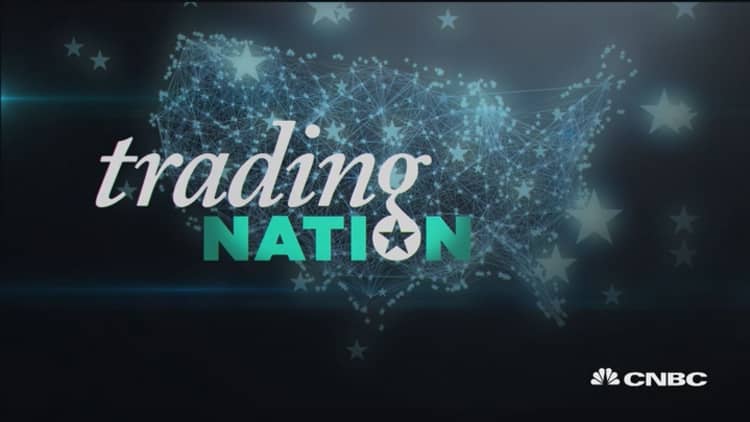
Could low inflation — often considered a scourge on gold prices — actually be bullish for gold?
It is typically argued that rising inflation is necessary for gold prices to rise. The general idea is that gold is priced in U.S. dollars, and as each dollar becomes less valuable, it takes more of them to buy the same amount of gold. It is along these lines that gold's dramatic drop over the past few years have been pinned on ultra-low inflation and a strengthening U.S. dollar, particularly after much gold was bought amid the belief that inflation was set to soar as the dollar collapsed.
The idea that inflation is a necessary condition for higher gold prices may explain why gold sellers like Peter Schiff continue to make Rube-Goldberg-ian arguments for why inflation will rise, even as they simultaneously and somewhat contradictorily argue that the U.S. economy is in a recession (contradictory because most people would not pay higher prices for the same goods in a worse economy, which is why inflation and economic growth generally rise together).
However, there's another tantalizing possibility for gold bugs: Perhaps ultra-low inflation could actually send gold prices higher, through the mechanism of negative central bank policy rates.
In a continuing battle to combat long-stagnant inflation and economic growth, the Bank of Japan has cut interest rates to negative 0.1 percent. This follows similar moves by Denmark, Sweden and Switzerland.
Read More Bank of Japan Governor Kuroda says can ease more, devise new tools
According to currency strategist Boris Schlossberg of BK Asset Management, "Negative interest rates have provided a fundamental reason to own gold. Just think about it: If you own gold and it stays stationary for a period, that's going to beat cash in Japan or Switzerland."
The basic idea is that gold and cash compete for a similar pool of investors' money. If the central banks implicitly or explicitly causes cash to yield negative returns, then gold will look better in comparison.
Now, gold also grants a negative return in practice, because it costs money to store safely. But it still becomes relatively more attractive.
That said, using math to explain what gold prices will do may a fool's errand. As Warren Buffett saliently argued in his 2011 shareholder letter, gold produces nothing and does not grow, leaving its value in the hands of other investors, who may or may not look more fondly on the yellow metal than its current holders.
For such a sentiment-driven asset, the mere specter of negative rates could have a profound effect.
"What people are going to understand is that gold provides a store of value," Phillip Streible said Tuesday on CNBC's "Power Lunch."
Streible, a strategist with RJO Futures, predicts that the gold price will soon rise to $1,200 per troy ounce, which is about $70 above current levels.






